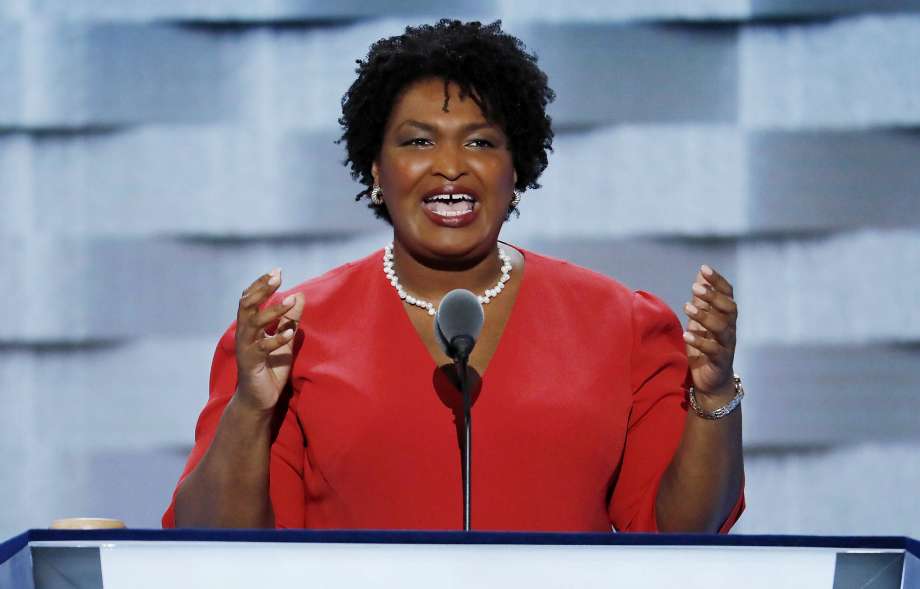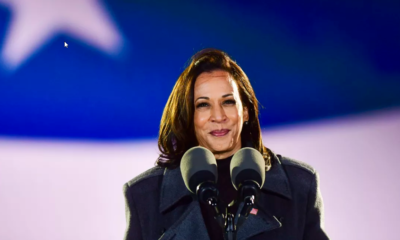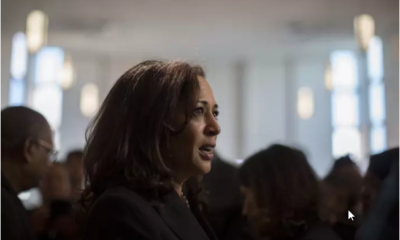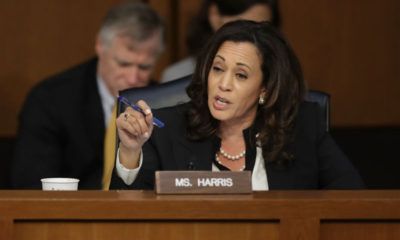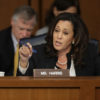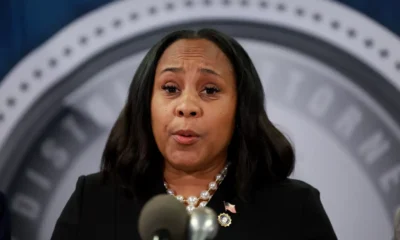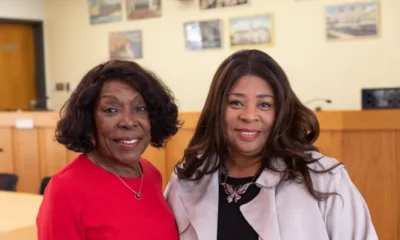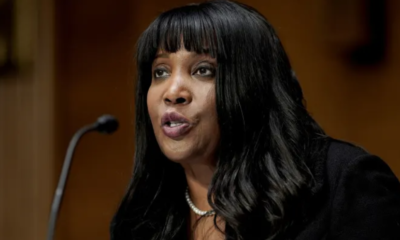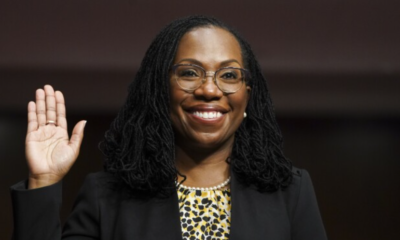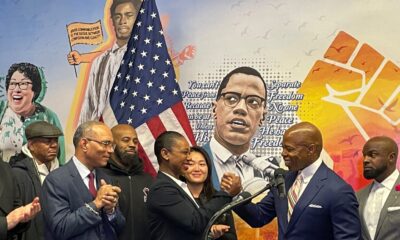For progressives looking to take the long view against white nationalists, Oakland organizer Aimee Allison has an idea: help her new organization elect more African American women to office.
Even though African American women are the Democratic Party’s most loyal voters — upward of 90 percent regularly back the party’s presidential candidate — none has ever served as a governor and only two have served in the U.S. Senate. Thirty-five states have never had a black woman serve in Congress.
Here’s one sign of disrespect from party leaders and elders: African American and other women of color face primary challengers more often than other candidates in Democratic primaries, according to a study from the Center for American Women and Politics at Rutgers University.
“When you pull back the covers on the business of politics, it’s structurally stacked against women of color,” said Allison, president of Democracy in Color, a media and advocacy group that focuses on race and politics. From the gatekeepers who decide which candidates get a party’s blessing to the political donors who decide where to direct their cash, “the system is rigged” against women of color, she said.
Need a recent example? Allison suggests checking out the backlash against freshman California Sen. Kamala Harris, just as her national profile has started to rise.
It started this summer when a New York tabloid reported that Harris was spotted at a fundraiser in the Hamptons this summer. The swells there mused that she should run for president. The next thing you know, Harris — seven months into her Senate gig and getting buzz as a 2020 presidential candidate — was being tainted as a tool of Wall Street.
Wearing that mantle would make her potentially toxic in a Democratic primary, especially with the wing of the party that reveres Sen. Bernie Sanders and loathes the “millionaires and billionaires.”
It would be a good story if it were accurate. But campaign finance records tell a different tale.
Only 5 percent of the contributions Harris received for her 2016 Senate campaign came from what nonpartisan campaign finance watchdogs calls the “securities and investment” and “commercial banks” categories, according to figures compiled for The Chronicle by Maplight, the Berkeley nonpartisan organization that tracks money in politics.
That’s roughly what that other famous tool of Wall Street, Sen. Elizabeth Warren, D-Mass., — raked in (3 percent) from those same sectors during her first Senate run in 2012. And it’s far less than what another 2020 potential candidate, Sen. Corey Booker, D-N.J., pulled in (13 percent) from the Street during his first Senate run in 2013. Then again, Booker represents New Jersey, where a lot of Wall Street types live, so he gets a minor pass for representing some of his constituency.
Harris’ Wall Street donations were about the same as California Sen. Dianne Feinstein (5 percent)



